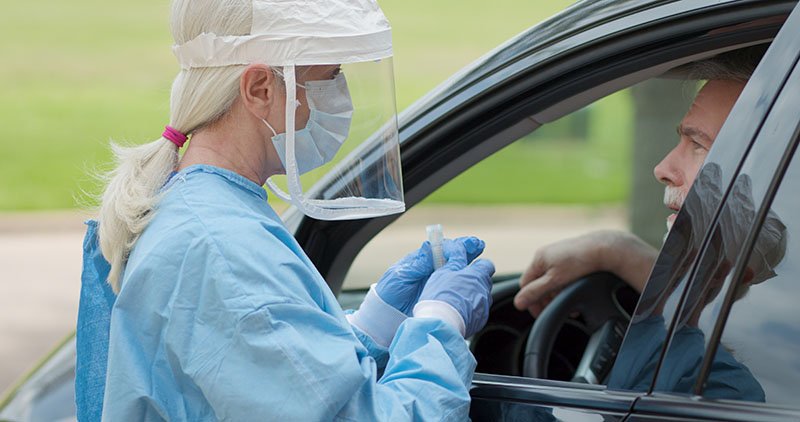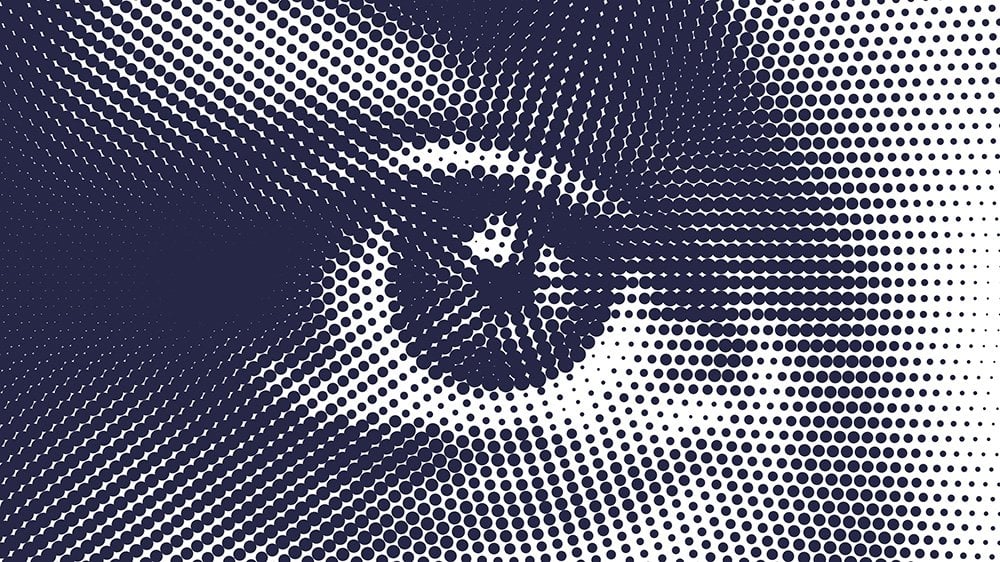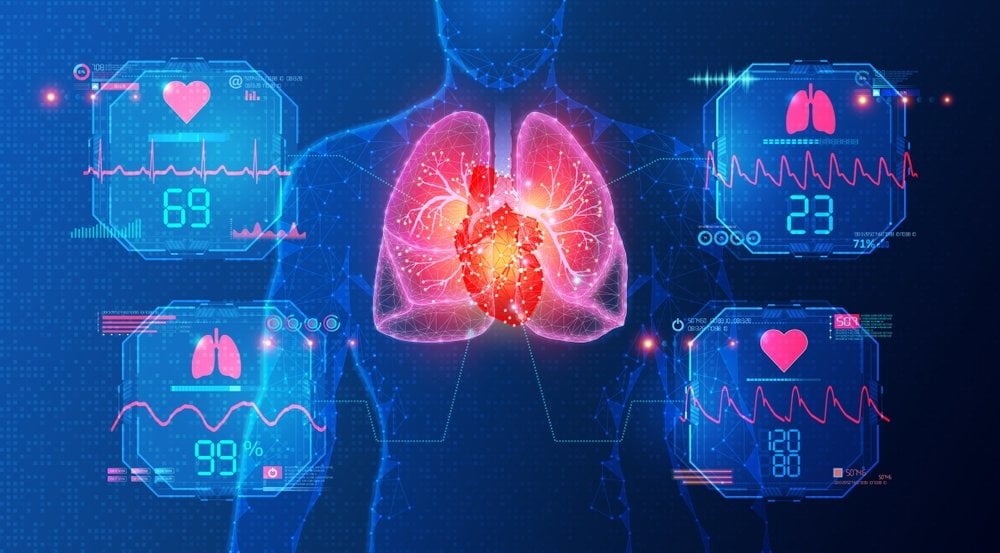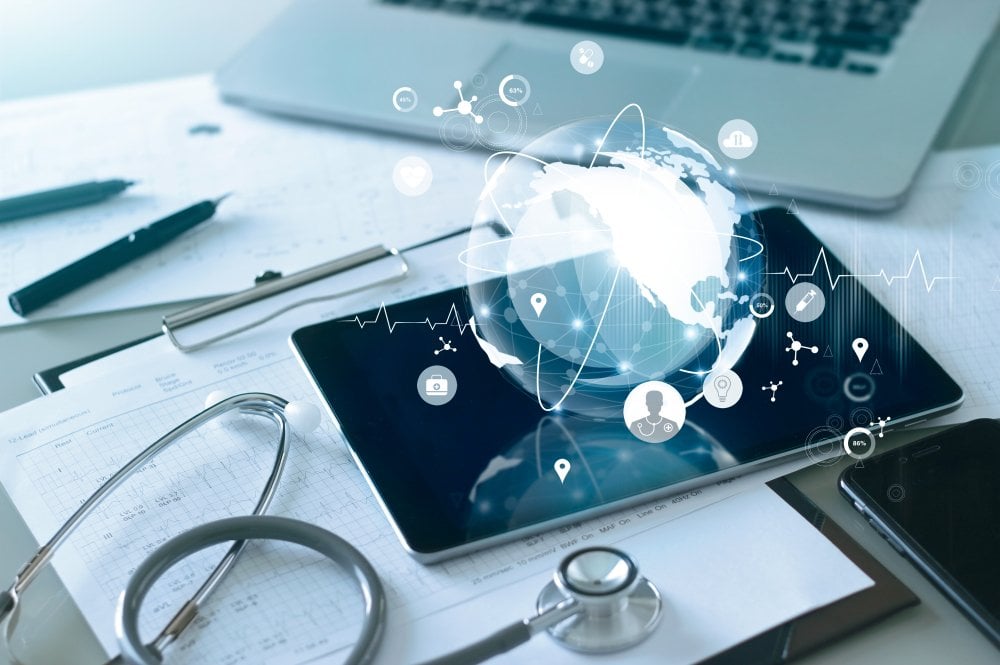Antibody testing, also known as serology testing, has been hailed as key to getting the country and the world back on its feet amid the COVID-19 pandemic. But the initial rollout of antibody testing in the US has been fraught with problems, including unacceptably high rates of false positive results. A new report from a team of public health experts at Johns Hopkins University says that despite these problems, a national serology testing strategy is critical for pandemic response.
Two kinds of tests can evaluate people for COVID-19. Molecular diagnostics look for telltale pieces of the virus’s genome, which can only be found in people when they are infected. Serology tests look for antibodies to the virus — clear signs the immune system has tangled with SARS-CoV-2 and mounted a response. Such tests can be used at any time, even long after an infection has passed, to determine if a person has been exposed to the virus. In theory, such tests could identify people who could safely go back to work without fear of getting sick if exposed to the virus again.

But it seems that each new set of serology test results yields more questions than answers. Early studies of small populations showed unexpectedly high rates of people who had been exposed to the infection. Closer inspections found that test results were inaccurate, or studies were focused on certain groups that would be expected to have higher rates of infection, like grocery store workers. A new analysis of 14 antibody tests currently used for COVID-19 screening found that only three produced reliable results.
One challenge is that serology tests are inherently more complicated than molecular diagnostics, says Gigi Gronvall, a senior scholar at the Johns Hopkins Center for Health Security and an author of the new report. “There are a number of physical constraints that make the serology testing … a little bit more tricky and variable,” she says.
To help address the accuracy issue, Gronvall and her colleagues “called for an independent body to validate the tests … and compare them,” she says. This would give “more transparency in how good the tests are.” Meanwhile, the testing blueprint recently issued by the White House says that performing two antibody tests on each person may help overcome false positive and false negative results.

When scientists finally do get these tests up to snuff, people will clamor to learn whether they are still at risk of getting infected. This idea has spurred interest in the concept of immunity certificates or passports — documents that would say ‘this person is immune to the COVID-19 virus and can safely go back to work.’ But there are major scientific, clinical, and ethical issues associated with this idea, which has been used in previous outbreaks with mixed results.
On the science front, what we do know about a person’s response to the SARS-CoV-2 virus pales in comparison to what we don’t know. Does recovery confer immunity? As the World Health Organization recently advised, there is currently no clear evidence that it does, though most experts believe that ongoing studies will prove there is some kind of immunity. Do different immune responses lead to different levels of immunity? That’s being studied now too. Can someone who is immune to the virus still pick it up and transmit it to other people? We have no idea. In order to understand the value of any kind of immunity certificate, these questions will need to be answered. Gronvall expects relevant study results to be reported in the coming weeks and months.
Clinically, the issue of false negatives and false positives looms. People who are granted immunity certificates based on incorrect positive results will be putting themselves at very real risk if they go back into the community too early. And people whose tests give false negative results will be needlessly held back in the recovery process.
But the ethical issues are what really stand out. Before writing the report, Gronvall believed immunity certificates might be a good tool, especially since so little testing has been done in this country. But, she says, “the closer you look at it, the cloudier [the] picture you get.”
She and her colleagues suggest two likely outcomes of requiring an immunity certificate before people can get back to work. First, a potentially thriving black market in forged documents that will increase the risk that a fraudster and those he or she interacts with could get sick. Second, people who haven’t been infected but are in dire financial straits would be motivated to expose themselves intentionally in order to become immune and get work. That could trigger another surge in hospitals and increase the risk of infection, even for vulnerable people who don’t take part in these activities. “[That’s why] we came out against immunity passports,” Gronvall says.
At the moment, Gronvall and her colleagues are more focused on the population benefits from antibody testing, rather than what any individual could get out of it. “The tests right now are really useful for public health,” she says. “Across the country, we need to have a better sense of the percentage of the population that has already had the disease.” Paired with contact tracing and social distancing, she believes serology testing is very important for reining in the pandemic.
Ultimately, when more accurate antibody tests eventually become available, Gronvall says they will be appropriate screening tools for healthcare workers, nursing home personnel, and other essential workers at high risk of infection.
















